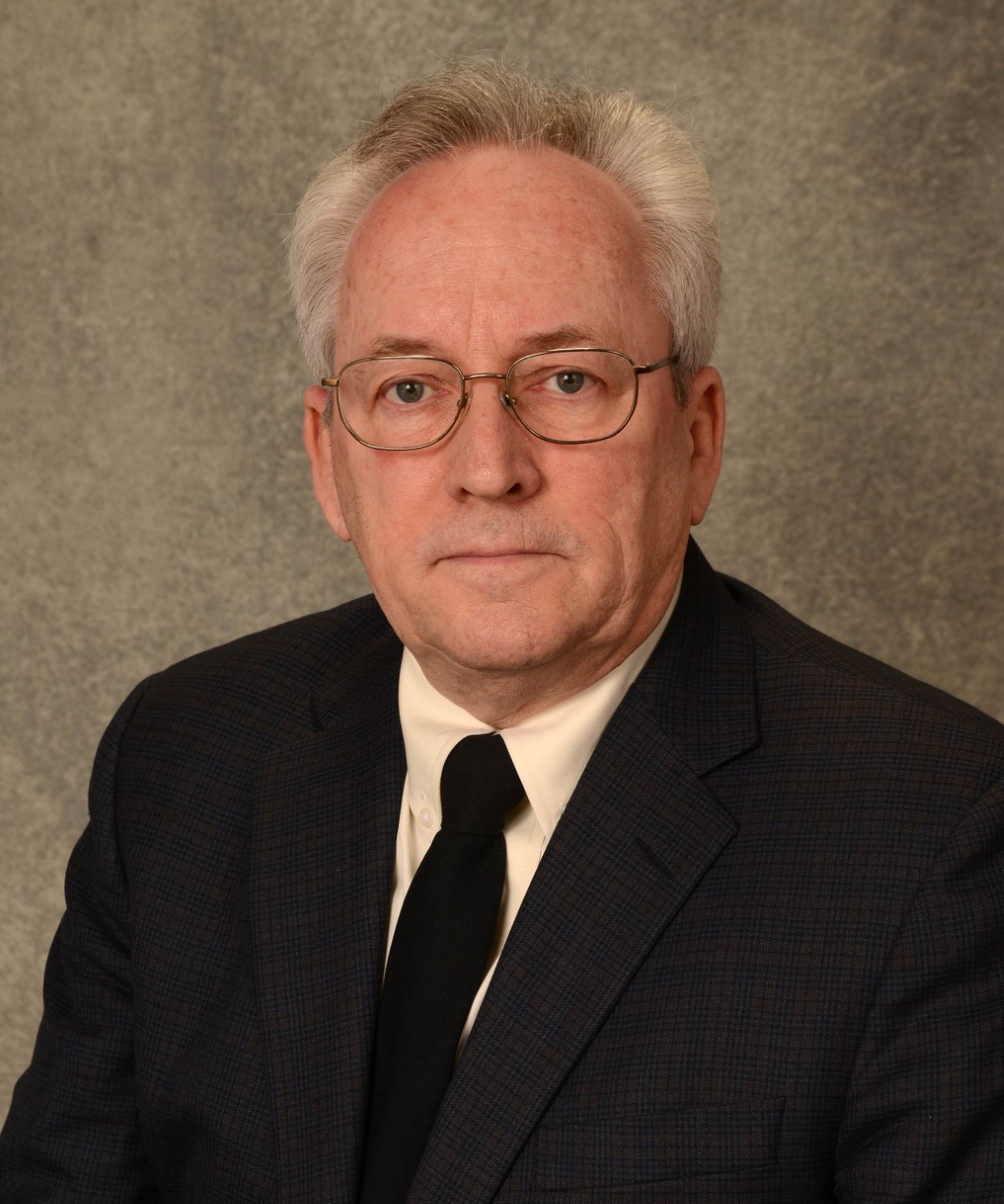
Stanley J. Szefler, MD
Professor of Pediatrics, University of Colorado School of Medicine
Research Medical Director and Director, Pediatric Asthma Research Program - The Breathing Institute
Interim Medical Director, Research Institute - Children's Hospital Colorado
Dr. Stanley Szefler is currently the Research Medical Director and Director of the Pediatric Asthma Research Program in the Breathing Institute of the Pediatric Pulmonary and Sleep Medicine Section and interim Medical Director for the Research Institute at Children’s Hospital Colorado. He is also Professor of Pediatrics at the University of Colorado School of Medicine, Anschutz Medical Campus.
Dr. Szefler’s major contributions are directed toward the individualized use of asthma therapy. He has identified biomarkers and asthma characteristics that are associated with asthma exacerbations and response to asthma therapy. He is the Co-Principal Investigator for the Denver site of the NHLBI PrecISE Network that is focused on precision medicine for severe asthma.
For the past fifteen years, he has directed a school-centered asthma program (AsthmaCOMP) funded by the Colorado Department of Public Health and Environment Cancer, Cardiovascular and Pulmonary Disease Program for the State of Colorado. This program identifies students most significantly affected by asthma and then establishes lines of communication between schools, primary care physicians, and specialists to assure that these children have consistent medical care.
1. Why is your area of science important?
My area of focus is childhood asthma, especially in relation to my school-centered asthma program. It started 15 years ago from a community-based participatory research approach to a current grant that is focused on dissemination and implementation. I became interested in population health including public health as part of my work with our program. While we have been effective in improving asthma outcomes in children with health disparities, a population at great risk for asthma morbidity and mortality, we have also taken the opportunity to address social determinants of health.
2. What was important in your Health Services Research training?
In my early career days, research training was more of an apprenticeship than formal training. I benefitted from working with great mentors on research projects. Nowadays, I see early career investigators in medicine benefit from a fellowship centered on research training with formal courses and strong multidisciplinary mentorship teams. They often seek either a PhD or Master’s in Clinical Science as part of their training. You have to seek that formal training nowadays to be competitive for grant funding. Personally, I continue to learn from working with great collaborators at ACCORDS for my health services research work.
3. What are the major take-home messages your current research provides?
The major ingredient for our success is building visibility and trust in our community, especially with the school nurses in the six public school districts that we work with in the Denver Metropolitan Area. Our collaboration works from a win-win approach. We learn what the community needs are and then collaborate to bring the necessary resources to address those main issues.
4. What are your goals or areas for future research?
We were recently awarded a grant from the National Heart, Lung and Blood Institute to participate in a UG3 DECIPHeR Alliance. DECIPHeR stands for “Disparities Elimination through Coordinated Interventions to Prevent and Control Heart and Lung Disease Risk”. Our grant is entitled ”Reducing Asthma Attacks in Disadvantaged School Children with Asthma”. Our goal is to take the model we developed for the school-centered asthma program in the Denver urban setting and see if we can replicate this model in Colorado rural and mid-sized cities outside the Denver area.
5. What advice do you have for researchers who want to work in this area? OR What is the most important advice you have received from your mentors?
The most important advice that I have for those who want to do research in the community is to be a good listener. Identify the community needs and attempt to fill those gaps with resources. There is a great need in the community in the area of health disparities. Our school communities have limited resources. If you can bring expertise and resources to the community to address important issues, such as addressing social determinants of health, that is very much appreciated and very rewarding.